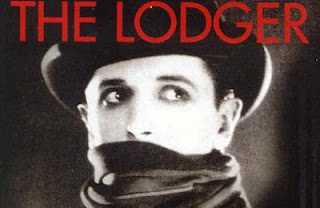Clear flowing stream turns into viscous yellow clag and we resume at the Borderline film festival. Occasional chat with other cinemagoers persuades me I no longer live in slow-moving, bucolic Herefordshire. But only briefly. Tesco antiseptic throat pastilles sucked with great application.
The Sessions. California. John Hawkes, polio sufferer, spends only four hours a day outside his iron lung, but would like to make love. Is lucky to employ wonderful Helen Hunt as sex therapist ("quite different from a prostitute"). Tone is vital for explicit sex which is well supported by brisk/witty dialogue. Hawkes gets funny, self-deprecatory lines as does large supporting cast. Good fun but everybody a bit too saintly.
Tess. Roman Polanski's version (restored) of Hardy novel filmed in beautiful Wessex (ie, Normandy with occasional architectural and other detail solecisms). Very long and needs to be to cover to-ing and fro-ing of surprisingly complex plot. Good to look at, says much about late 19th century rural life but 17-year-old Nastassia Kinski looks too fragile and (according to unconvinced VR) wooden.
The Lodger. Silent, b&w, "London fog" thriller about serial killer, directed by pre-Hollywood Hitchcock. Plot just about holds viewer but main interest is noticing tricks Hitch devises to compensate for stationary camera. Stars heart-throb Ivor Novello, victim of several remarkable sub-title double meanings. I say no more.
Wadja. Filmed in Saudi Arabia! Directed by a woman!! School-girl at strict Muslim school wants bike and contests system on its own terms in struggle to get cash. Direction penny-plain but superb performances (on both sides of religious fence) need no elaboration. Laconic dialogue. Convincing, charming, funny, heart-breaking.





The cows in Tess were Normandy cows, a serious flaw. That's what you get for interfering with little girls, only the French, and their cows, will tolerate you.
ReplyDeleteLucy: Normandy as Wessex seemed to iritate VR more than it did me. What impressed me was what I took to be the authenticity of the country roads. Tess's story occurred during The Long Depression (1873 - 1879) which is comparatively recent. There were, after all, trains. Thus the roads were moving out of the cart-track era and Polanski's choice seemed right. Bad on cows, better on roads.
ReplyDelete